15 Oct 2025
Resilience by design: Shaping the future of Singapore’s built environment
The built environment – spaces we live, work and play in – is changing rapidly and no longer a static backdrop to human activity. Rather it is now a dynamic ecosystem that is constantly adapting to varying complexities such as climate change, the digital age, demographic shifts and changing social needs.
Our urban spaces are now being reimagined by multidisciplinary approaches that bridge public and private sectors, underpinned by a common focus on sustainability and inclusivity. This means moving beyond tackling issues in isolation, to applying a systems change perspective that drives positive and impactful changes across communities and environments.
Real estate is fundamentally a people business and plays a pivotal role in shaping the experiences of individuals and communities. At the recent Urban Land Institute (ULI) Singapore Annual Conference, Wanshi Zheng, our Group Chief Strategy & Sustainability Officer, highlighted the importance of integrating multidisciplinary perspectives from across sectors, as well as applying sustainable and inclusive solutions to shape resilient urban environments.
Wanshi spoke in her capacity as Chair of ULI Singapore Executive Committee, and she also serves as a Global Governing Trustee of ULI.
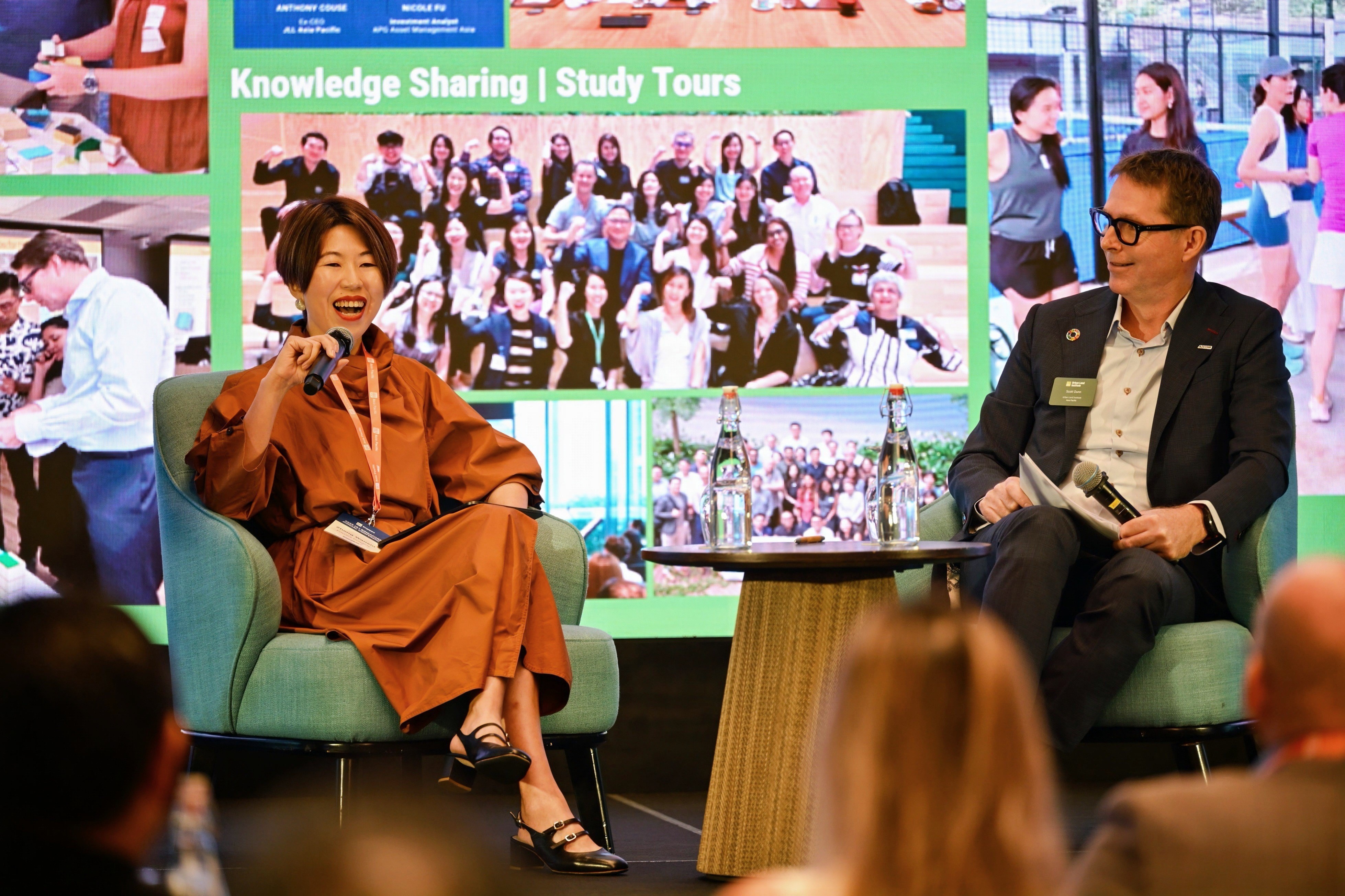
Wanshi with Scott Dunn, ULI Asia Pacific Chair at the ULI Singapore Annual Conference
The built environment as a living system
Wanshi noted that the built environment does not exist in isolation. It instead shares a dynamic and complementary relationship with how we view the world around us — from climate change, urban transformation to capital market flows and design.
These factors influence the way people live, work and connect, guiding the design, development and management of spaces to enable resilience and sustainability.
This dynamic relationship underscores the need for real estate players to think beyond traditional boundaries and embrace systems thinking.
Singapore a living lab for urban innovation
Headquartered in Singapore, Frasers Property has a diversified, multi-asset class and multinational business that spans five asset classes – commercial & business parks, hospitality, industrial & logistics, residential and retail – in 20 countries.
Singapore’s distinctive role as a global gateway city — bridging East and West — positions it as an ideal living laboratory of ideas for scalable urban solutions. With deep roots in Singapore, we are proud to shape this environment, continuously harnessing technology and design to deliver smart energy systems and foster inclusive placemaking. Through these efforts, we strive to create meaningful impacts and better outcomes for communities within the built environment.
We work closely with like-minded partners to drive and scale up innovative solutions that align with the needs of our communities, and our business and decarbonisation commitments.
Several projects we have embarked on include participation in Singapore’s first distributed district cooling network, the introduction of an industry-first Inclusion Champions programme across our retail malls, implementation of Singapore’s first-of-its-kind food waste valorisation programme among retail tenants and integration of Singapore’s first community club within a mall.
Project Highlights
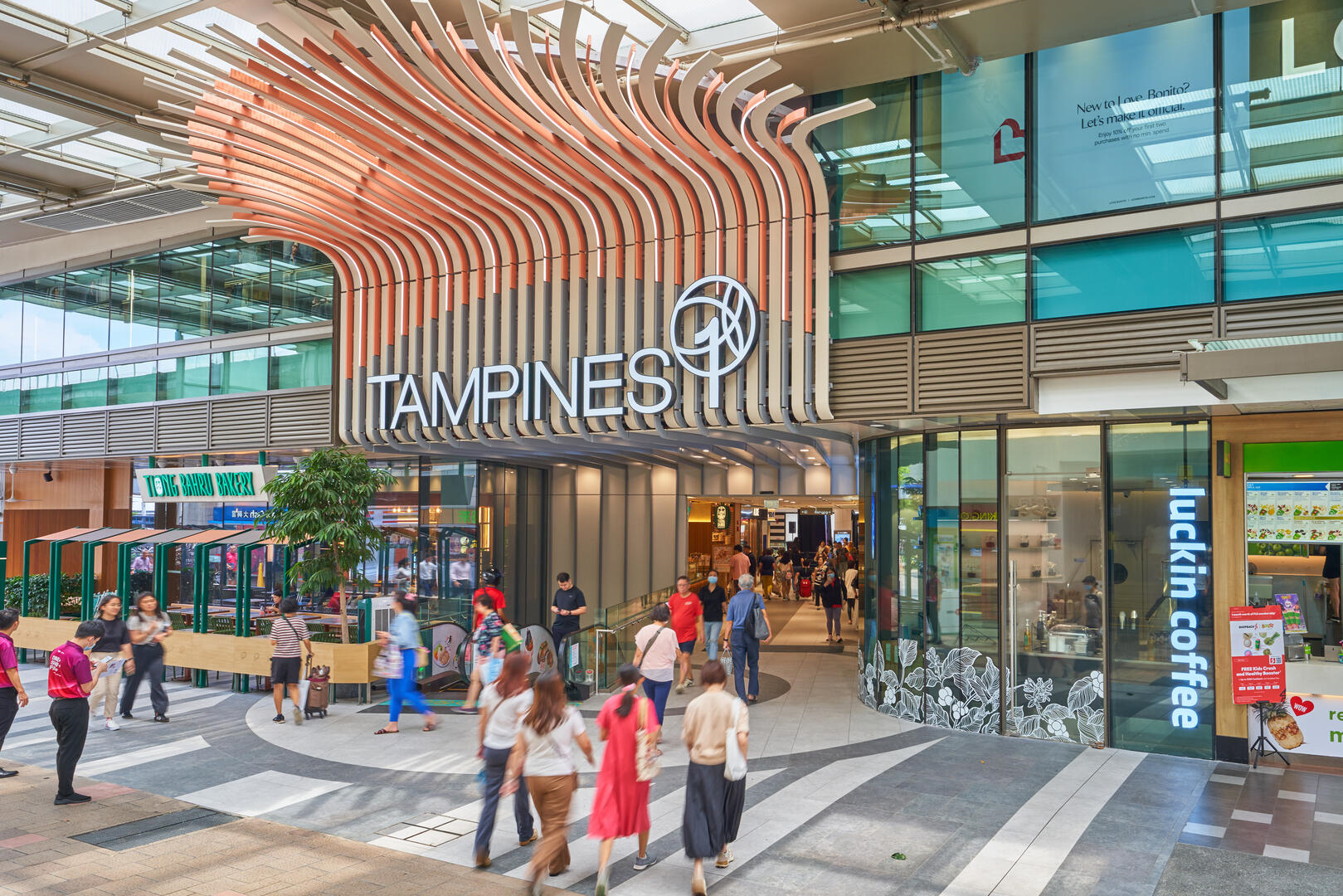
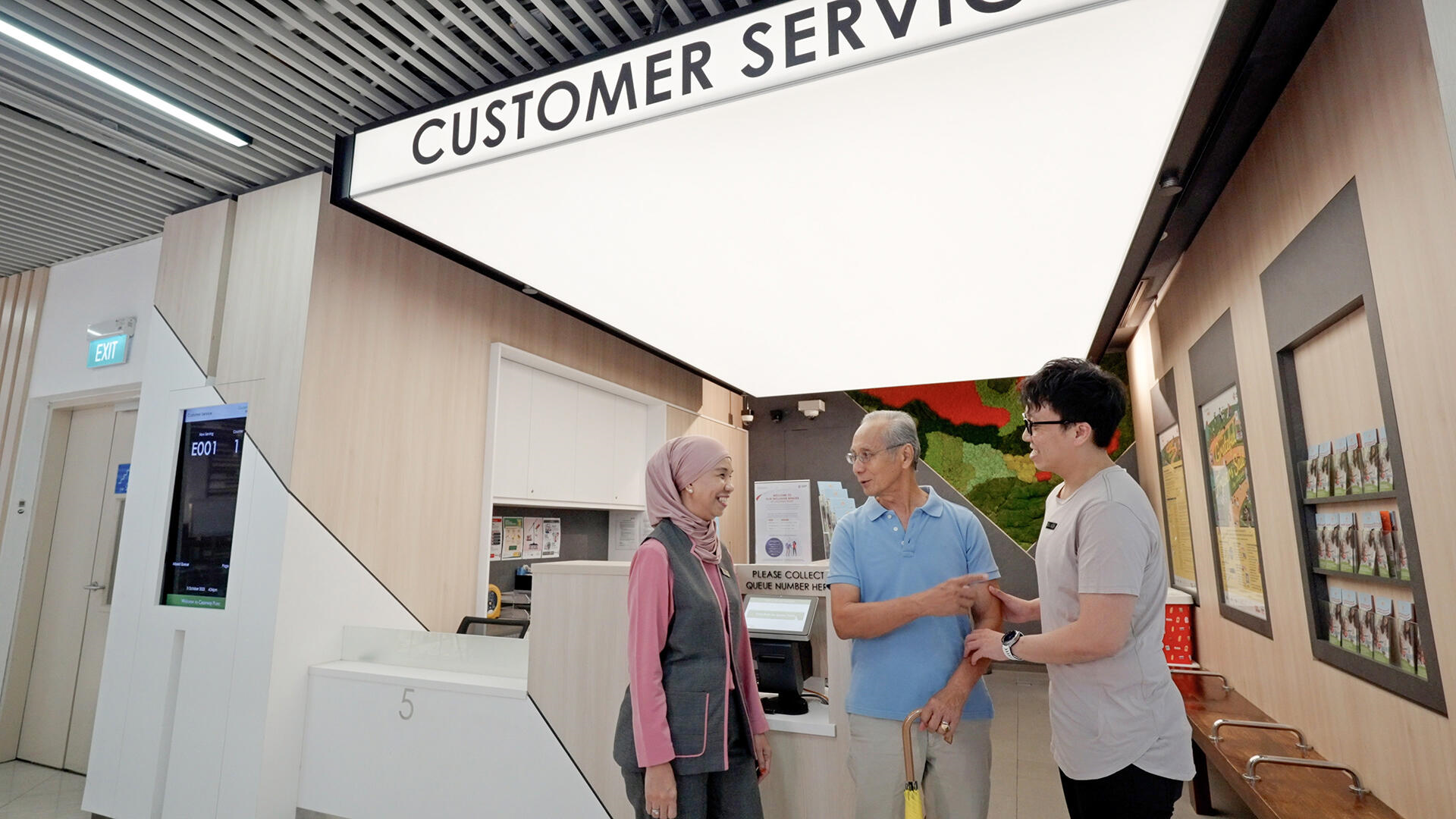
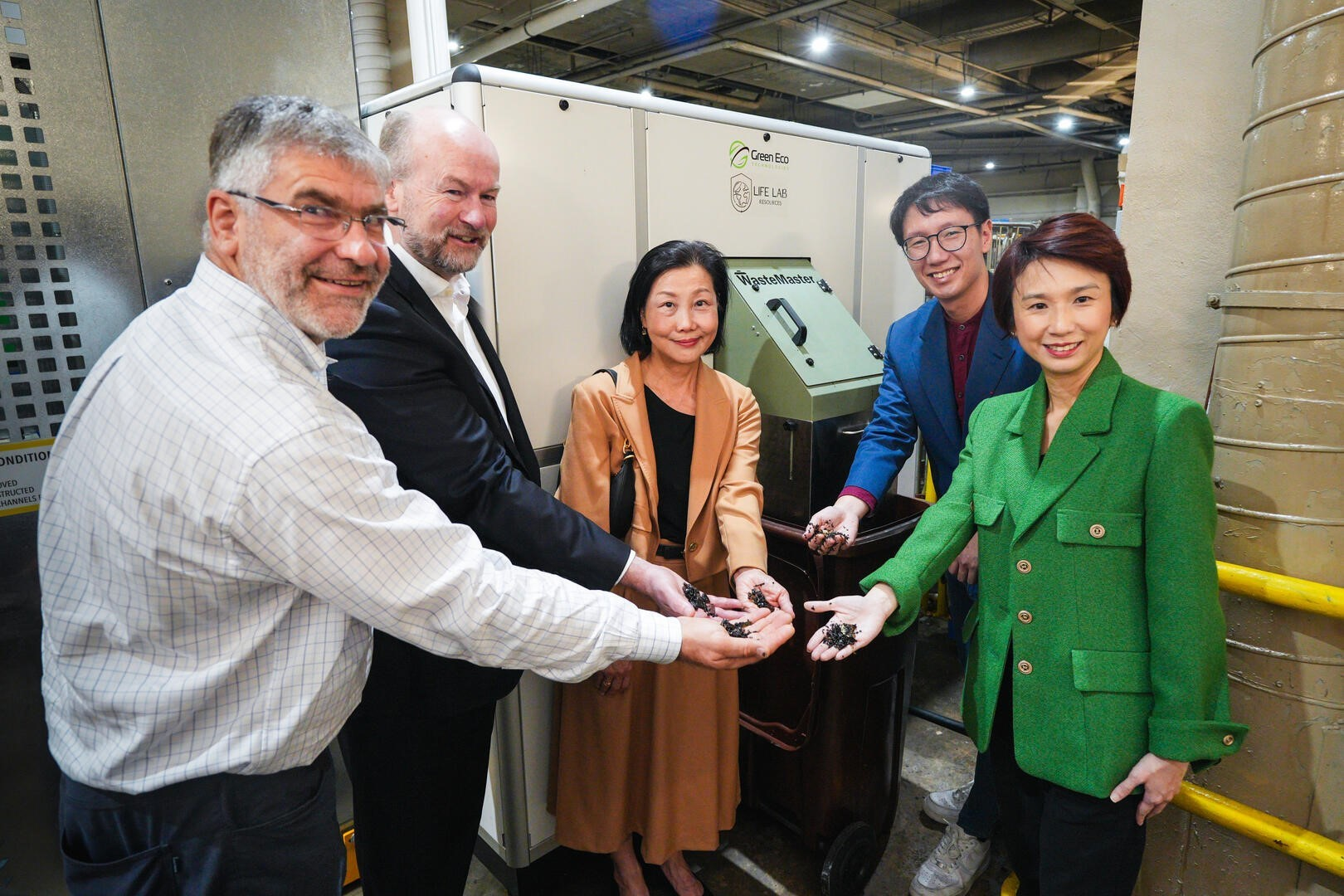
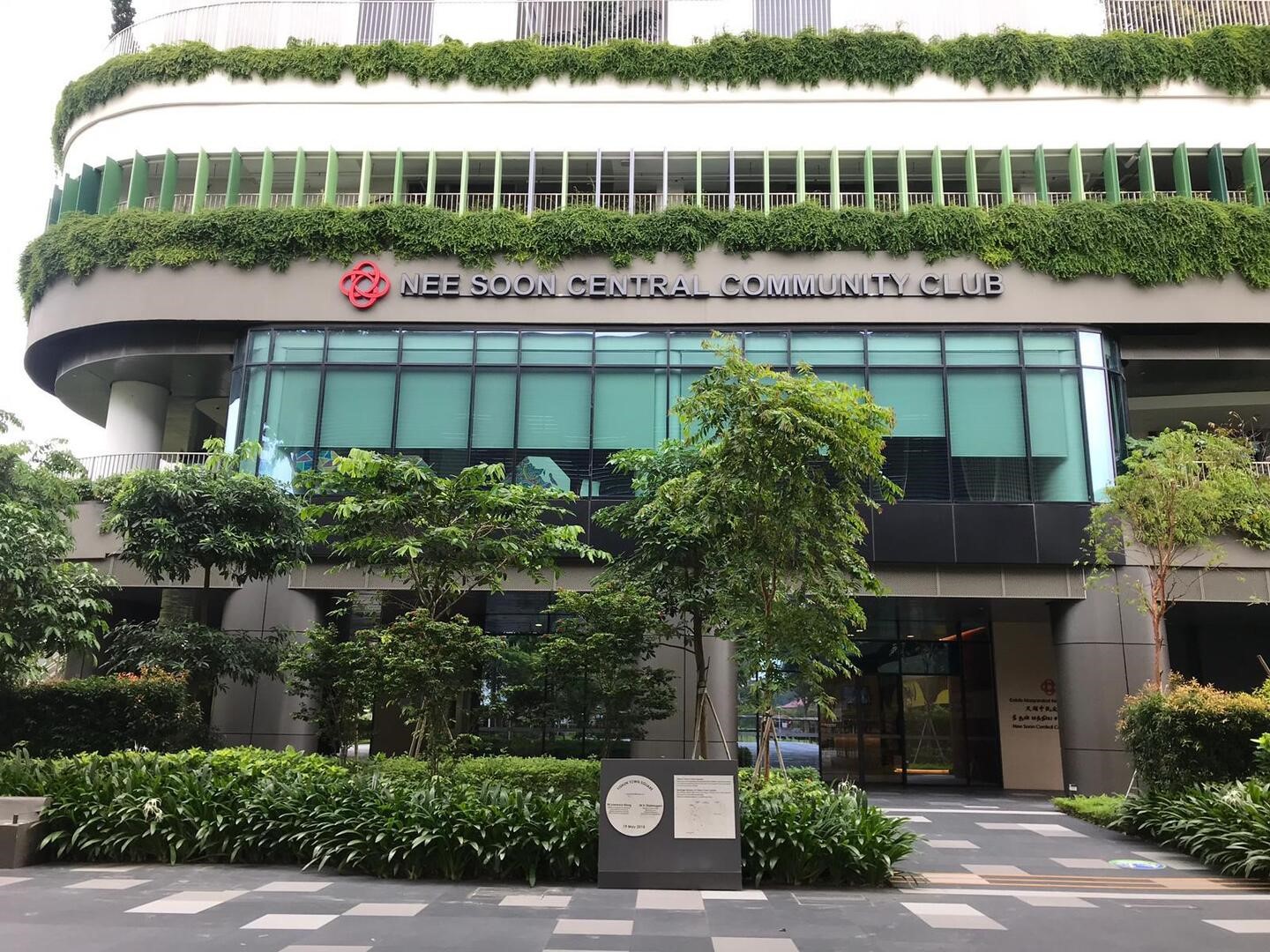
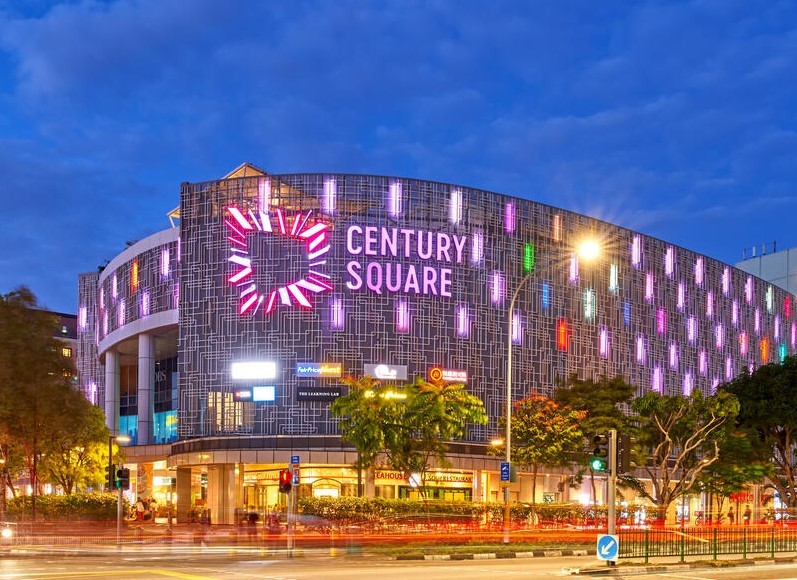
















Tampines 1
Two of our malls serve as injection nodes for the distributed cooling system in Tampines.

Inclusion Champions
Creating inclusive spaces for across our suburban retail malls.

Food waste valorisation
Strategic partnerships to drive innovation in managing food waste effectively across our retail spaces.

Northpoint City
The first retail mall in Singapore to house a community club, enhancing community connectedness.

Century Square
Two of our malls serve as injection nodes for the distributed cooling system in Tampines.
